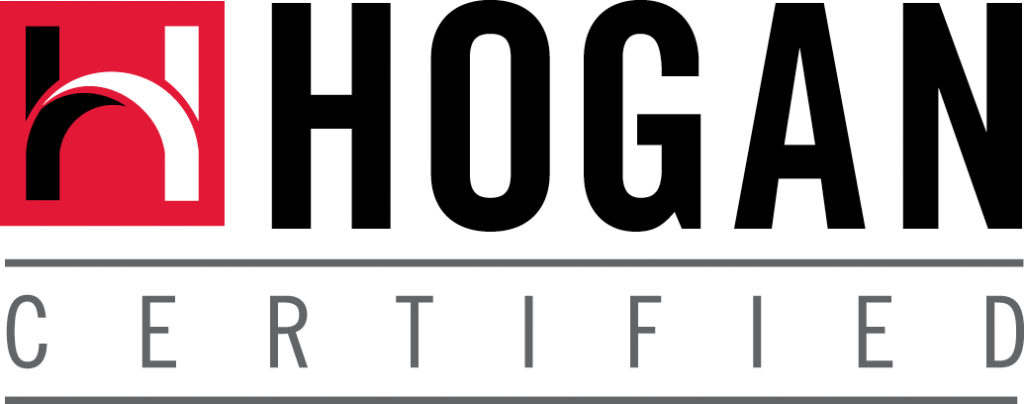Terry is a certified Hogan practitioner and as such is authorized to provide and interpret the Hogan Leadership Forecast Series reports. These reports are used by Fortune 500 companies as a predictor of success in their leadership ranks. It is also used as a developmental tool for those seeking to achieve higher levels in the organization.

Those at the top need the most robust and thorough development data possible, and Hogan’s Leadership Forecast Series offers just that. This series of reports gives leaders a complete understanding of their performance capabilities, challenges, and underlying motivators along with a five-step development planning worksheet and career development primer. Paired with a one-on-one feedback session, leaders will be well-equipped to build high-performing teams and thriving organizations.
Potential Report (HPI)
The Leadership Forecast Potential Report describes your strengths and developmental needs as a manager and executive. The report is based on the Hogan Personality Inventory (HPI), and is organized in terms of seven dimensions; each dimension addresses a different component of leadership performance. Leadership concerns building and maintaining a high-performing team, while getting people to forego individual goals to take on group goals. See a sample report here.
Challenge Report (HDS)
The Leadership Forecast Challenge Report is designed to help you develop as a leader. It will provide insights about your behavior that could potentially undermine or inhibit your performance. It then offers suggestions for leading people more effectively.
Leadership involves building and maintaining a high-performing team. Anything that detracts from your ability to build a team also detracts from your performance as a leader.
This report is based on the Hogan Development Survey (HDS). The results are based on our global leadership research and are written for professionals and leaders. See a sample report here.
Values Report (MVPI)
The Leadership Forecast Values Report describes your core values and goals and how they can affect your career. Values are an essential part of your identity—they describe who you are, what you stand for, and the environments in which you will flourish. Values powerfully shape the choices that you will make about work, play, and relationships; they will impact your career in four ways. See a sample report here.
- Drivers: Your values are your key drivers—the things in life that motivate you. Values determine your aspirations and symbolize what you strive for and hope to attain. Your values define what you desire in your work and life.
- Fit.: Your values determine how well you will fit with any organizational culture. Organizational cultures typically reflect the values of senior management. People are happy and productive in cultures that are consistent with their values, and they are distressed and unhappy working in cultures defined by values that differ from their own.
- Leadership Style and Culture: Your values reflect what you find rewarding and pay attention to or what you dislike and avoid. Thus, your values define the behavior that you like and reward and the behavior that you ignore or dislike. Consequently, your values shape the kind of culture that you, as a leader, will create for your staff and subordinates.
- Unconscious Biases: Values influence the decisions you make—about people, projects, plans, and strategy. Values filter perceptions of experience, especially about what is desirable or undesirable, good or bad. Values typically operate outside conscious awareness and bias both thought and action.
As a certified practitioner, Terry will guide you through the process to better understand your strengths and developmental opportunities. He will also provide you with a series of exercises and explanations to make use of this information.
You can use the information to better understand yourself, your motivations, your strengths, and potential areas for growth. It will also help you to better understand and appreciate those who differ from you. The understanding and appreciation of the differences in the way people prefer to function can greatly enhance the effectiveness of how people relate to one another.